13 GPTs for Healthcare AI Powered by AI for Free of 2025
AI GPTs for Healthcare AI refer to advanced generative pre-trained transformer models specifically optimized for applications within the healthcare sector. These tools leverage the power of AI to process and understand vast amounts of medical data, offering personalized solutions and insights. By harnessing the capabilities of GPTs, healthcare AI applications can perform a range of tasks from diagnostic support to patient management, embodying a transformative approach to medical care and research.
Top 10 GPTs for Healthcare AI are: MediScan AI,This GPT helps to learn AI,Scriba - Medical Scribe GPT,Sclépios I.A : CIM10,RadReport Impression Generator,THE ADVANCED CODER,DattaGPT for Chest CT,AI Fellowship Assistant,Radiology Assistant,Digital MedGuide
MediScan AI
Empowering healthcare with AI-driven insights.
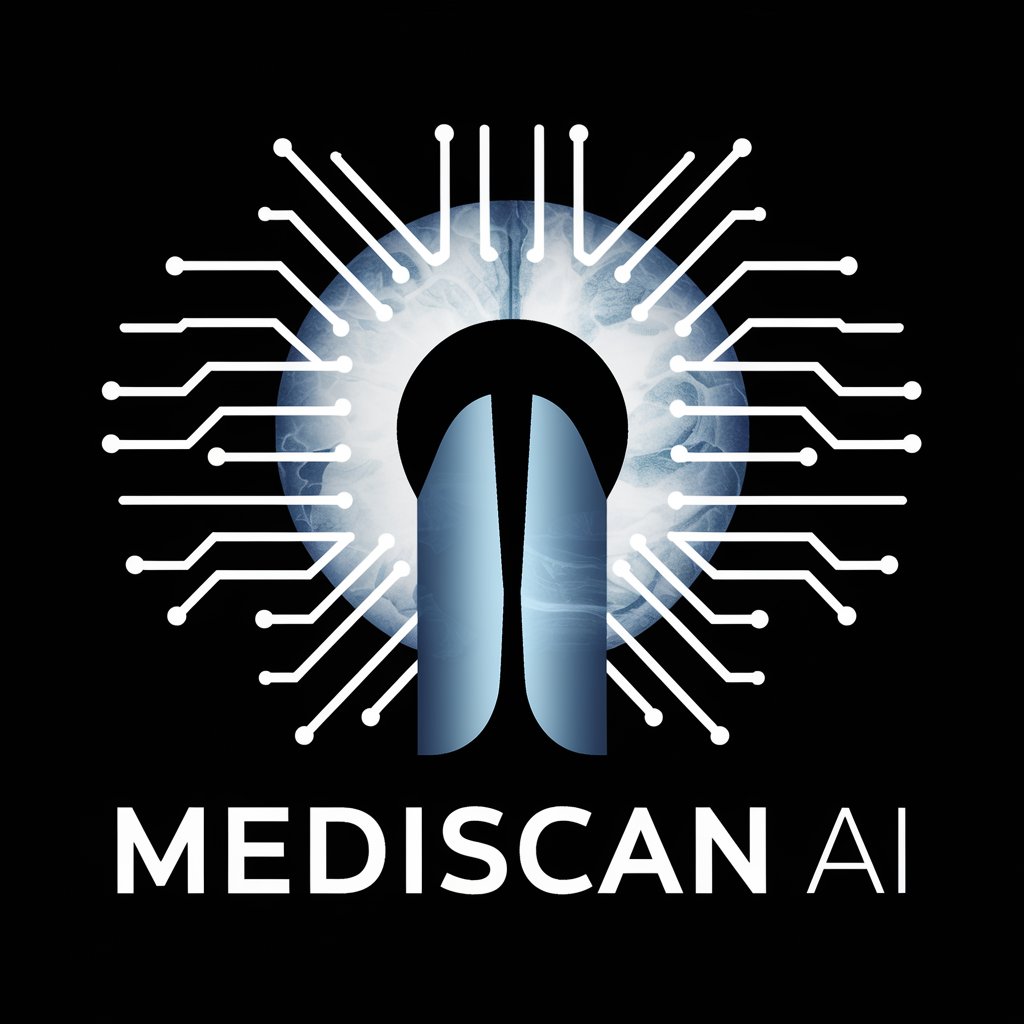
This GPT helps to learn AI
Empowering AI Education with Cutting-Edge Insights
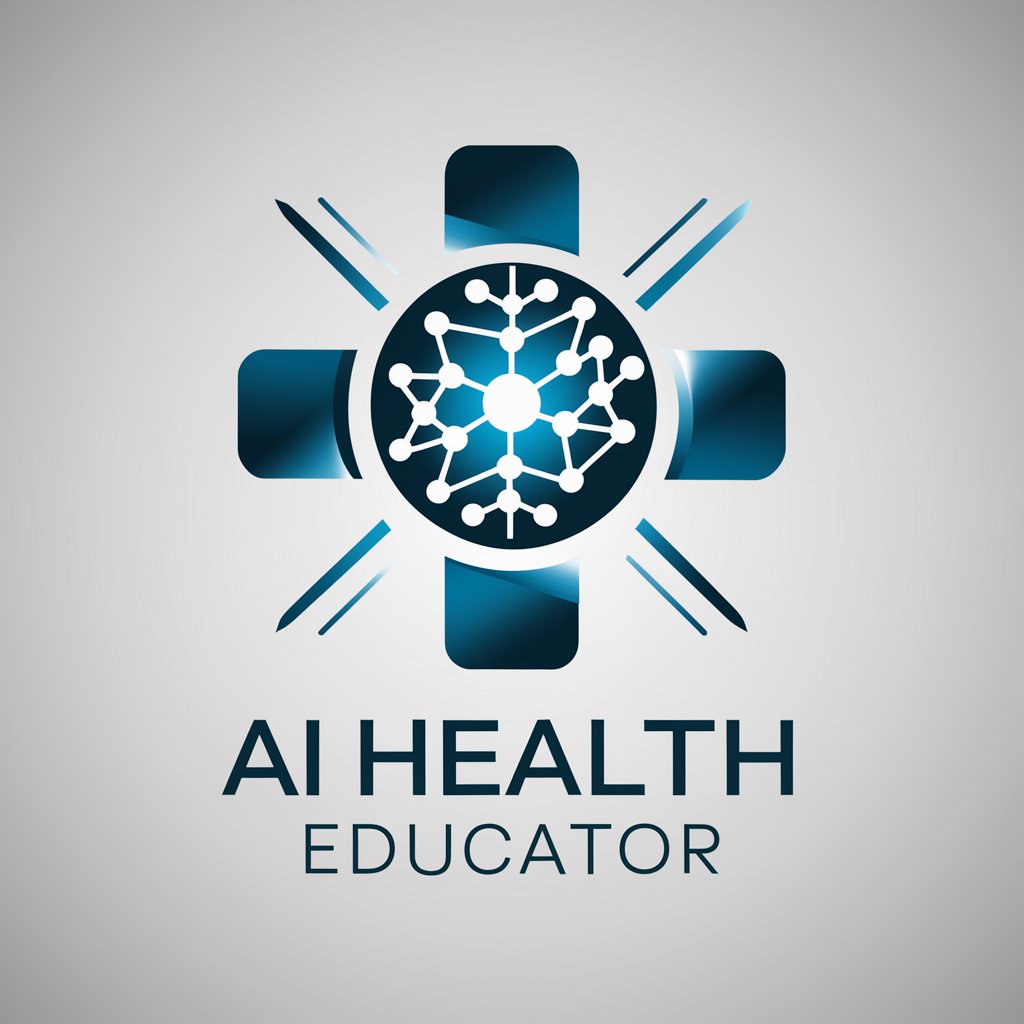
Scriba - Medical Scribe GPT
Streamlining Medical Documentation with AI
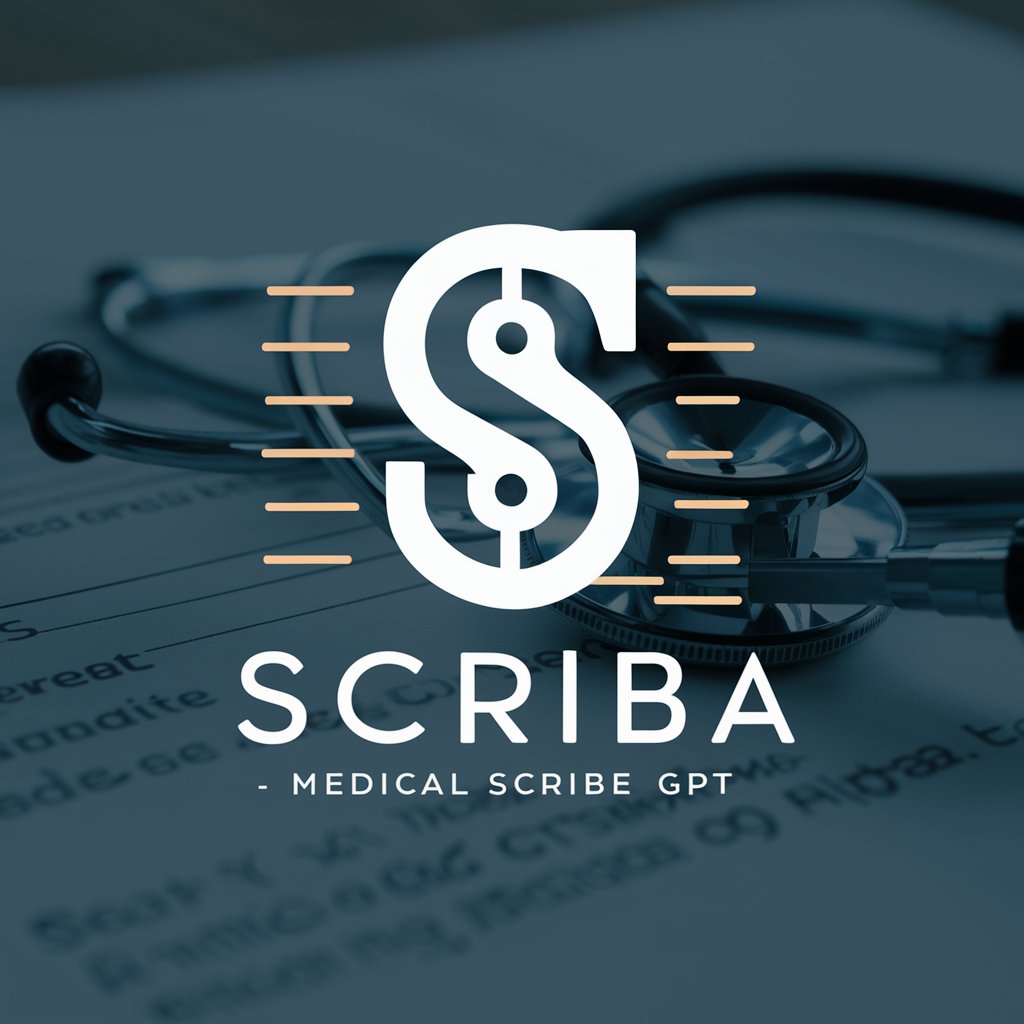
Sclépios I.A : CIM10
Empowering Diagnosis with AI Precision
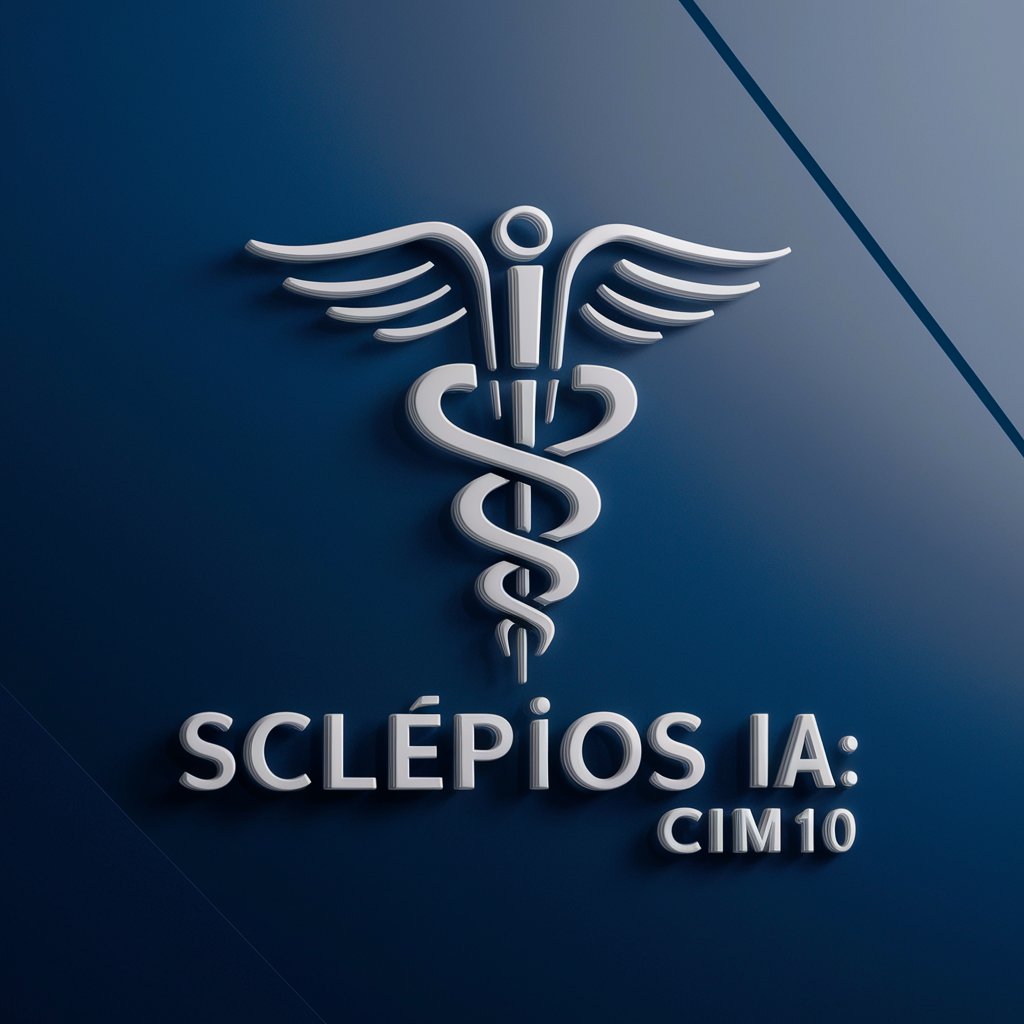
RadReport Impression Generator
AI-powered Radiology Insight Enhancement
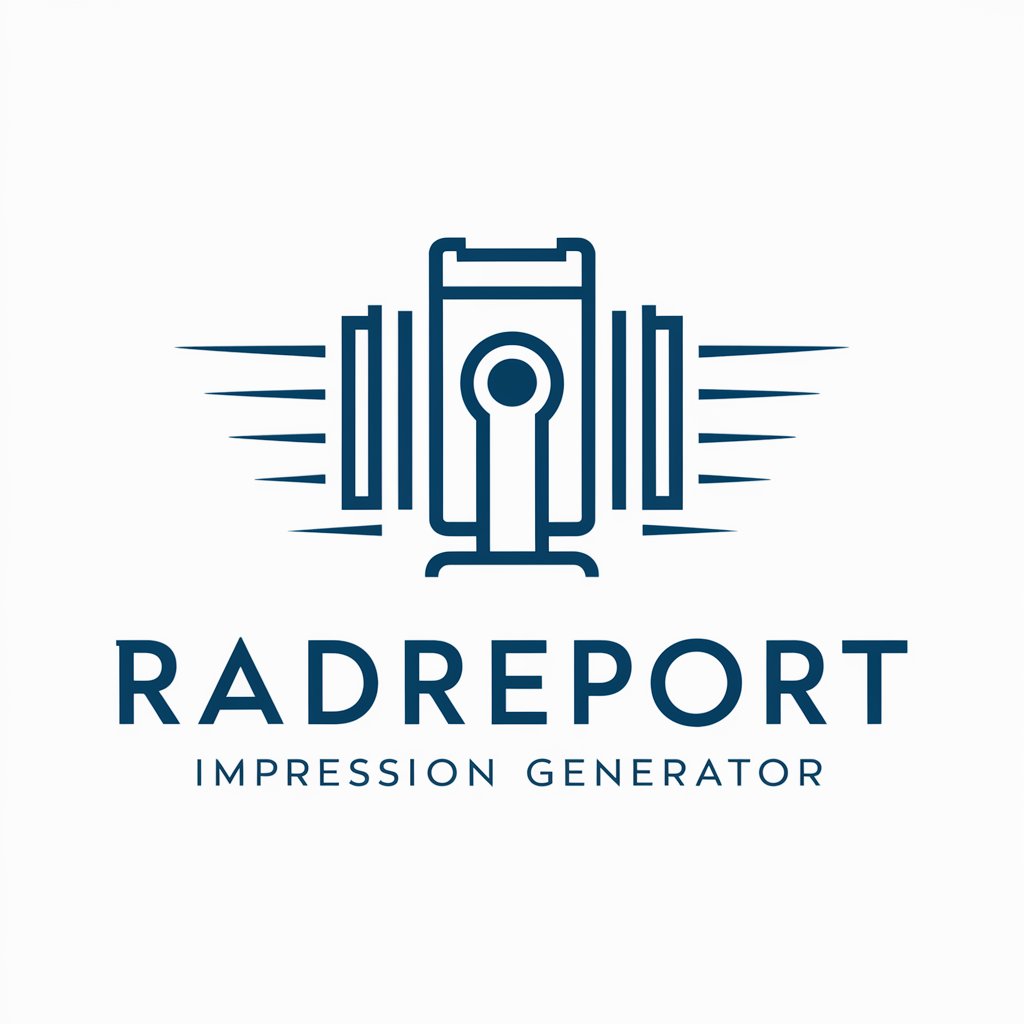
THE ADVANCED CODER
Empowering AI, Ethically and Efficiently

DattaGPT for Chest CT
Transforming Radiology with AI Precision
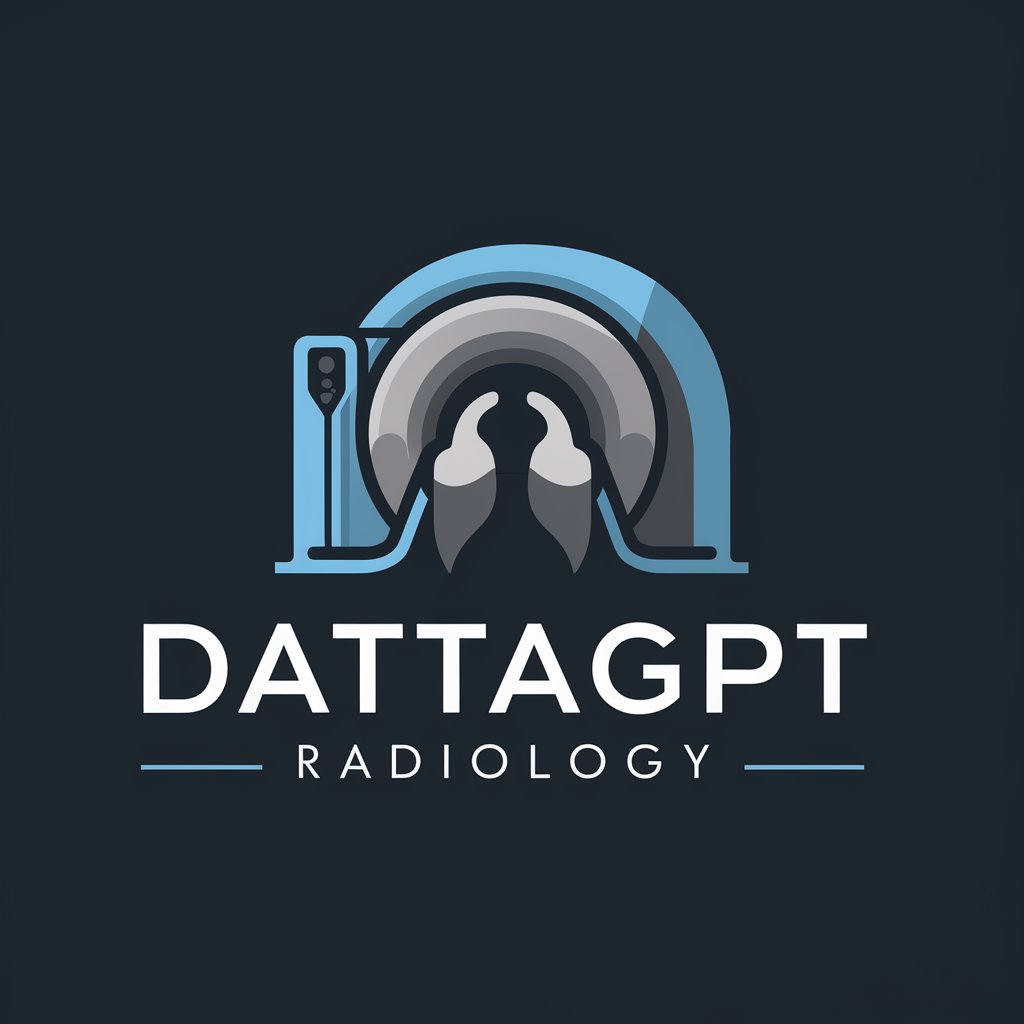
AI Fellowship Assistant
Empowering Medical Diagnostics with AI
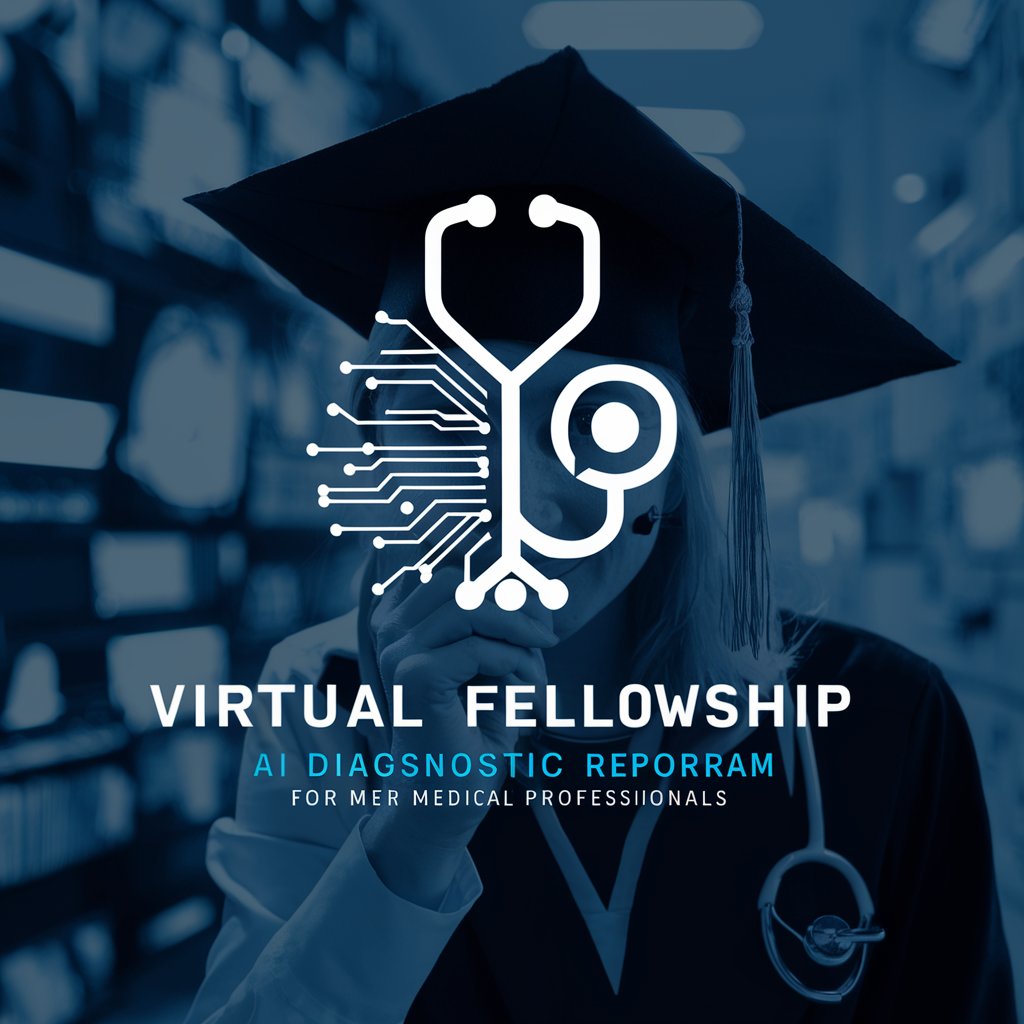
Radiology Assistant
Empowering radiology with AI insights
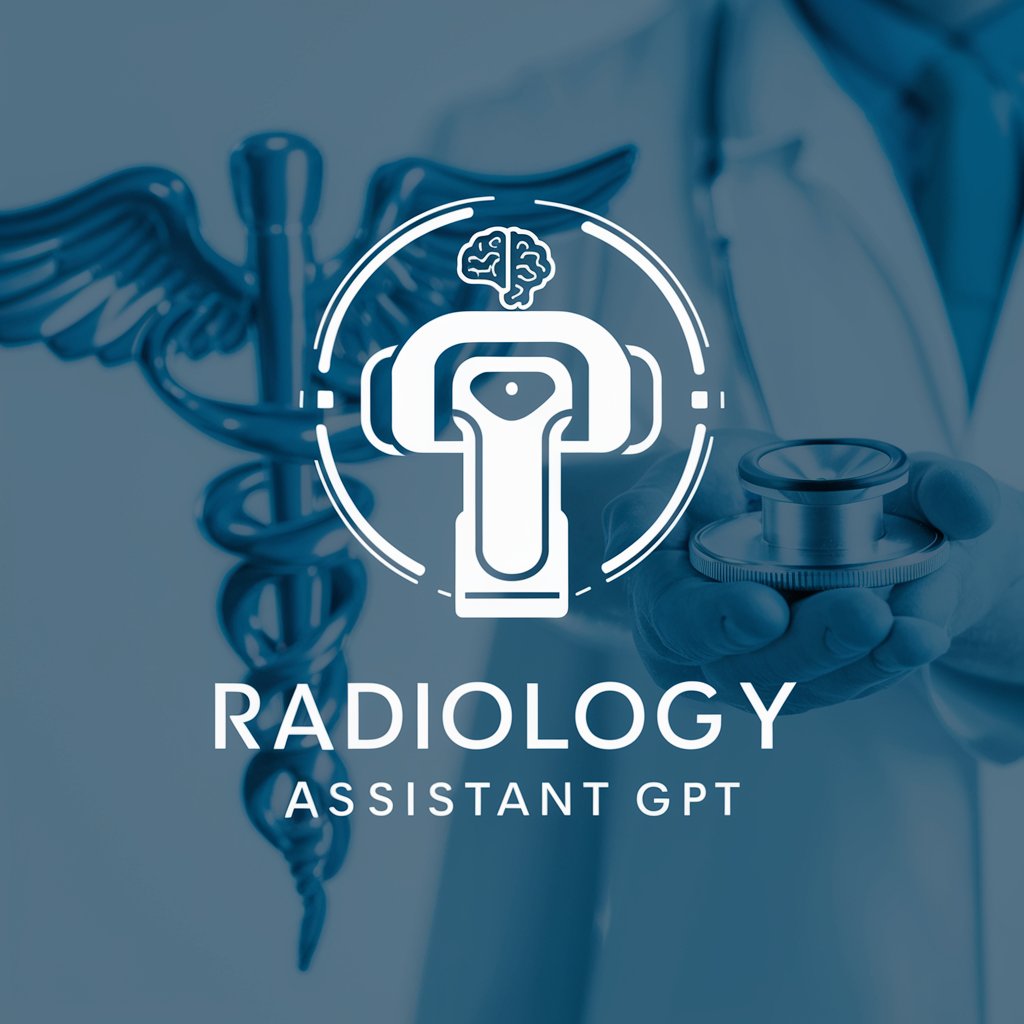
Digital MedGuide
Empowering Healthcare with AI
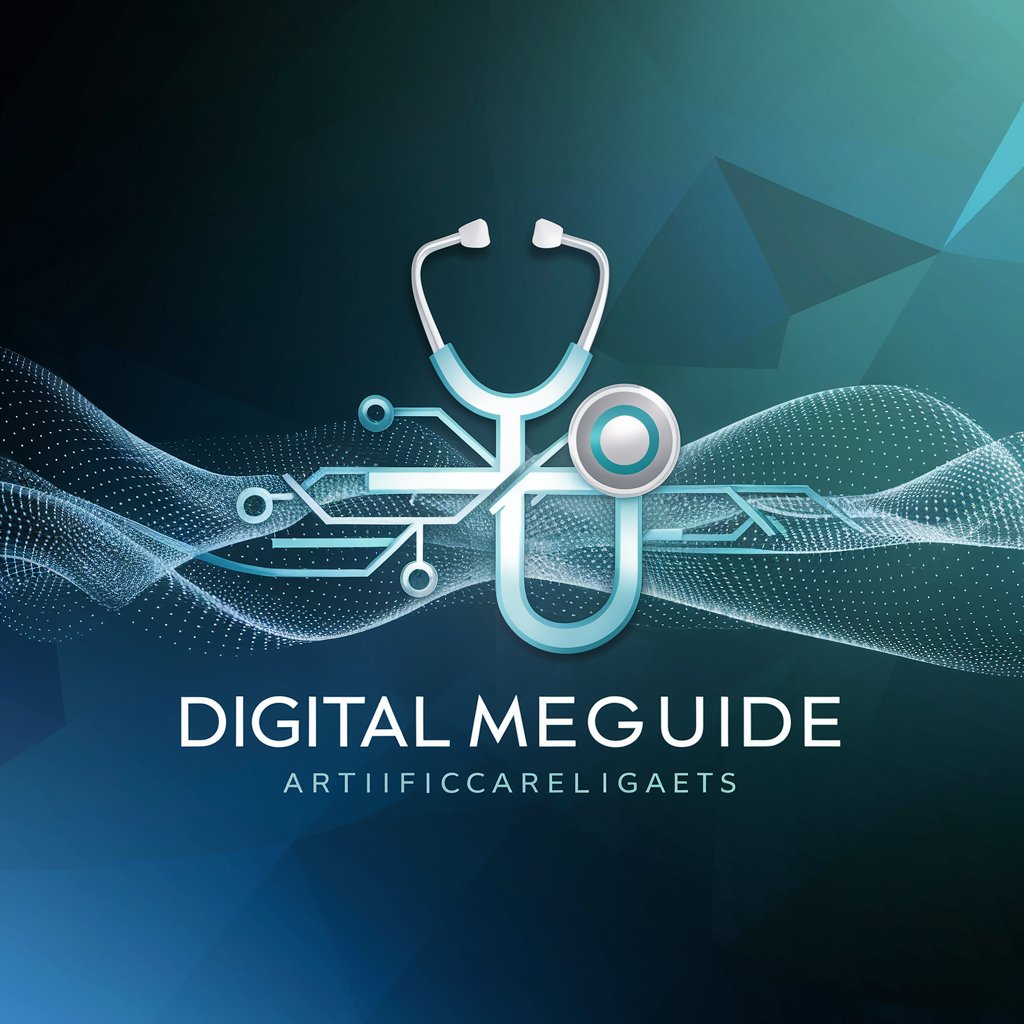
NIHSS Stroke Scale Assistant
Streamlining Stroke Assessments with AI

优云康脊柱外科机器人
Empowering spinal health with AI insights
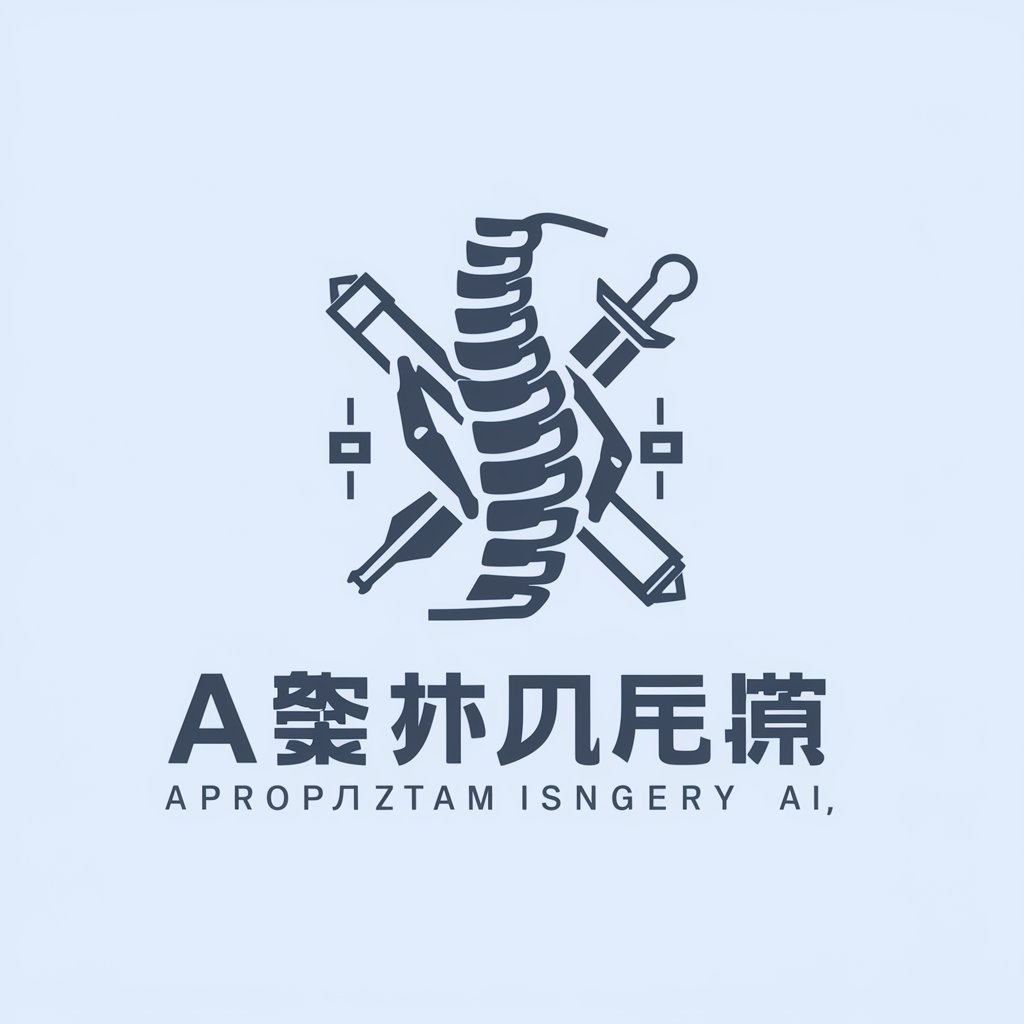
Virtual Radiologist for X-Ray Analysis
AI-powered X-Ray Insights
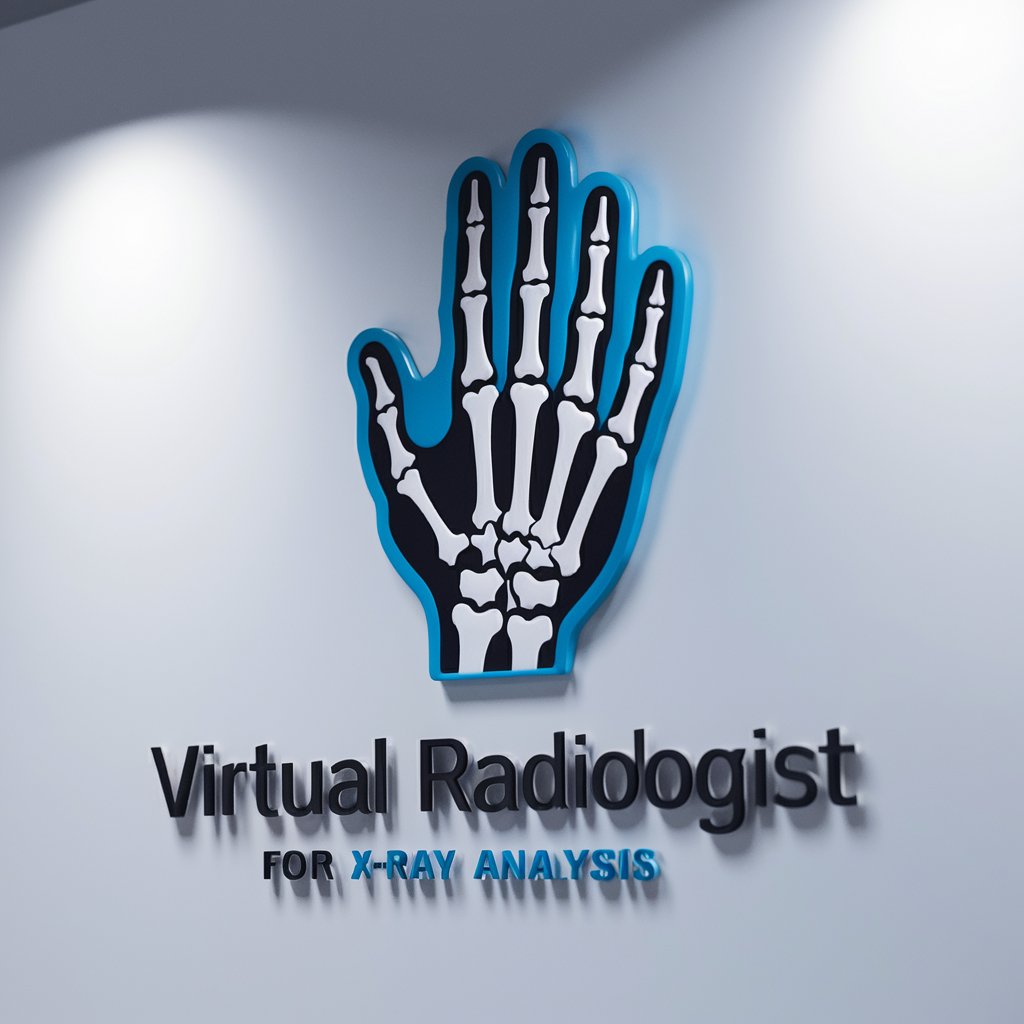
Key Capabilities of Healthcare AI GPTs
These tools stand out for their adaptability across various healthcare functions, from analyzing medical records to providing decision support. Key features include advanced natural language processing for interpreting clinical notes, machine learning algorithms for predicting patient outcomes, and the ability to generate medical content or recommendations. Specialized functionalities also encompass image recognition in radiology, drug discovery support, and personalized patient care plans, demonstrating their extensive utility in the healthcare domain.
Who Benefits from Healthcare AI GPTs?
The primary beneficiaries include medical professionals, healthcare researchers, and developers working within the healthcare industry. These AI tools are accessible to novices, offering intuitive interfaces for those without a technical background, while also providing robust customization options for experts. Whether for clinical decision-making, research, or developing healthcare applications, these GPTs tools serve a wide array of users seeking to leverage AI in healthcare.
Try Our other AI GPTs tools for Free
Clinical Analysis
Discover how AI GPTs for Clinical Analysis are revolutionizing healthcare with advanced AI capabilities tailored for medical diagnostics, treatment planning, and research, enhancing patient care and efficiency.
Differential Diagnosis
Explore how AI GPTs for Differential Diagnosis revolutionize medical diagnostics by providing AI-driven insights, improving accuracy, and supporting healthcare professionals.
Case Review
Discover how AI GPTs for Case Review revolutionize case analysis with advanced natural language processing, offering tailored solutions for legal, medical, and business professionals.
Disease Analysis
Discover how AI GPTs for Disease Analysis revolutionize disease understanding and treatment with advanced data analysis and diagnostic tools.
Pharmacology Insight
Discover how AI GPTs for Pharmacology Insight are revolutionizing drug research, patient care, and education with advanced AI capabilities tailored to pharmacology.
Customized Feed
Discover how AI GPTs for Customized Feed revolutionize content personalization, offering dynamic, user-centric content streams that enhance engagement and satisfaction.
Expanding the Horizon with Healthcare AI GPTs
Healthcare AI GPTs are pivotal in the evolution of medical care and research, offering scalable, personalized solutions. Their integration into existing systems underscores their versatility, while user-friendly interfaces ensure broad accessibility. As these tools continue to evolve, they will likely become indispensable in clinical decision-making, research, and patient management.
Frequently Asked Questions
What are AI GPTs for Healthcare AI?
They are specialized AI models designed to assist with tasks in the healthcare sector, from data analysis to patient care, using the capabilities of generative pre-trained transformers.
How can Healthcare AI GPTs improve patient care?
By analyzing patient data to predict outcomes, personalize treatment plans, and support diagnostic processes, leading to more accurate and efficient patient care.
Can non-technical users operate these tools?
Yes, these tools are designed with user-friendly interfaces that require no coding skills, making them accessible to healthcare professionals without a technical background.
What customization options are available for developers?
Developers can access APIs, utilize programming interfaces for custom integrations, and leverage advanced features for specialized healthcare applications.
Are Healthcare AI GPTs capable of processing medical images?
Yes, many of these tools include image recognition capabilities, useful for tasks such as analyzing X-rays and MRIs.
How do these tools handle data privacy and security?
Healthcare AI GPTs are built with stringent data protection measures, adhering to healthcare regulations like HIPAA to ensure patient data confidentiality and security.
Can these AI models integrate with existing healthcare systems?
Yes, they are designed for easy integration with existing electronic health record systems and other healthcare management tools.
What are the future prospects for AI GPTs in healthcare?
The future is promising, with potential for further advancements in personalized medicine, predictive analytics, and automated patient monitoring, enhancing both care quality and operational efficiency.